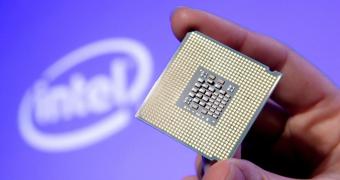Intel originally promised to fix the Meltdown and Spectre hardware flaws in all of its processors, but in a recent microcode revision guidance, the company says that won’t be possible and some chips would no longer receive updates.
The company has assigned the “Stopped” production status to a total of 10 product families covering more than 200 processor models.
“After a comprehensive investigation of the microarchitectures and microcode capabilities for these products, Intel has determined to not release microcode updates for these products for one or more reasons,” the company said.
There are three reasons that Intel mentions in the documentation and which it says were decisive for not addressing Meltdown and Spectre design flaws in some of the impacted products:
| • Micro-architectural characteristics that preclude a practical implementation of features mitigating Variant 2 (CVE-2017-5715) • Limited Commercially Available System Software support • Based on customer inputs, most of these products are implemented as “closed systems” and therefore are expected to have a lower likelihood of exposure to these vulnerabilities. |
The product series that are now marked with the stopped label are Clarskfield, Gulftown, Harpertown Xeon C0 and E0, Jasper Forest, Penryn/QC, SoFIA 3GR, Wolfdale C0, M0, Wolfdale E0, R0, Wolfdale Xeon C0, Wolfdale Xeon E0, Yorkfield, and Yorkfield Xeon.
In the meantime, Intel has rolled out the i9 processor for laptops, which is one of the first to come without the Meltdown and Spectre vulnerabilities. The company says that all future generations will be completely secure against the two hardware design flaws.

 14 DAY TRIAL //
14 DAY TRIAL //